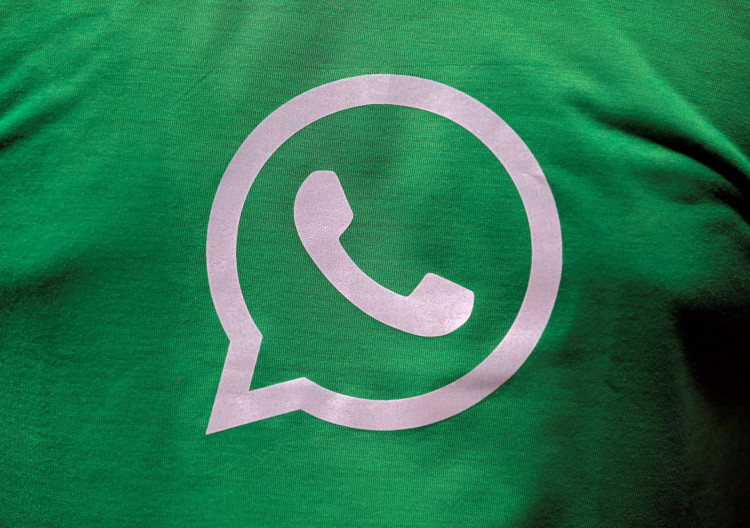Facebook Inc. finally got the green light to start operating its WhatsApp payments service in India, marking an expansion to more users in the second-biggest online market in the world.
The social media company had difficulty for years getting the nod from the National Payments Corporation of India for its payments service and the announcement of the approval Friday marked a breakthrough year for the tech group that also saw it teaming up with billionaire Mukesh Ambani to make a foray in the highly lucrative open technology market.
In a statement, Facebook said that starting today, people across the country will be able to send money via its WhatsApp Pay service. "This secure payment experience makes transferring money just as easy as sending a message," Benzinga quoted the company as saying.
The partnership between Facebook and India is the latest milestone for the Mark Zuckerberg-led company that has plowed $5.7 billion in an agreement to acquire a nearly 10% share in Ambani's digital services arm, Jio Platforms, in April this year. The digital business has generated over $20 billion from investors including Google and Intel, as global tech companies raised their stakes in partnering with Asia's wealthiest person and the most influential entrepreneur in India.
Like Samsung, Google, and a host of other companies, WhatsApp has established its payments service atop the Unified Payments Interface, a real-time payment system that enables interbank transfers within India. NPCI disclosed that WhatsApp can expand payments to its clients in a "graded manner," and for starters, it can only launch the service to 20 million users and is required to work with numerous banking partners. UPI is created by an alliance of major lenders in India.
WhatsApp, which has racked up more than 400 million users in the country, is among the most widely-used messaging platforms in the country, and with an embedded banking feature, the app could see growing user engagement.
Ambani has focused greatly on technology and e-commerce as the bedrock of expansion for his stock market listed Reliance Industries Ltd., in a shift away from the energy business he inherited in 2002.
Walmart and Google are currently the two dominant mobile payments service in India, commanding around 80% of the country's UPI market share. The payment infrastructure has become the most popular electronic payment system in India, thanks in part to the government's unexpected move to negate over 85% of its traditional cash circulation in late 2016.






